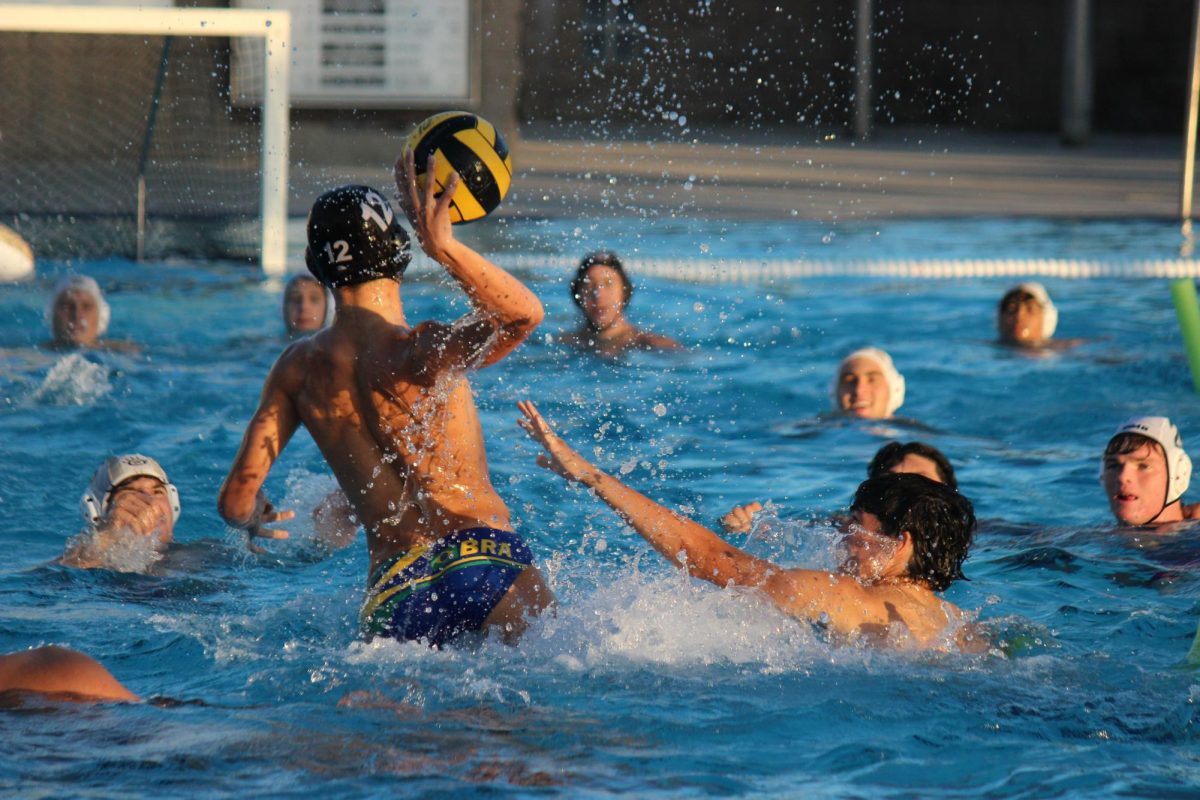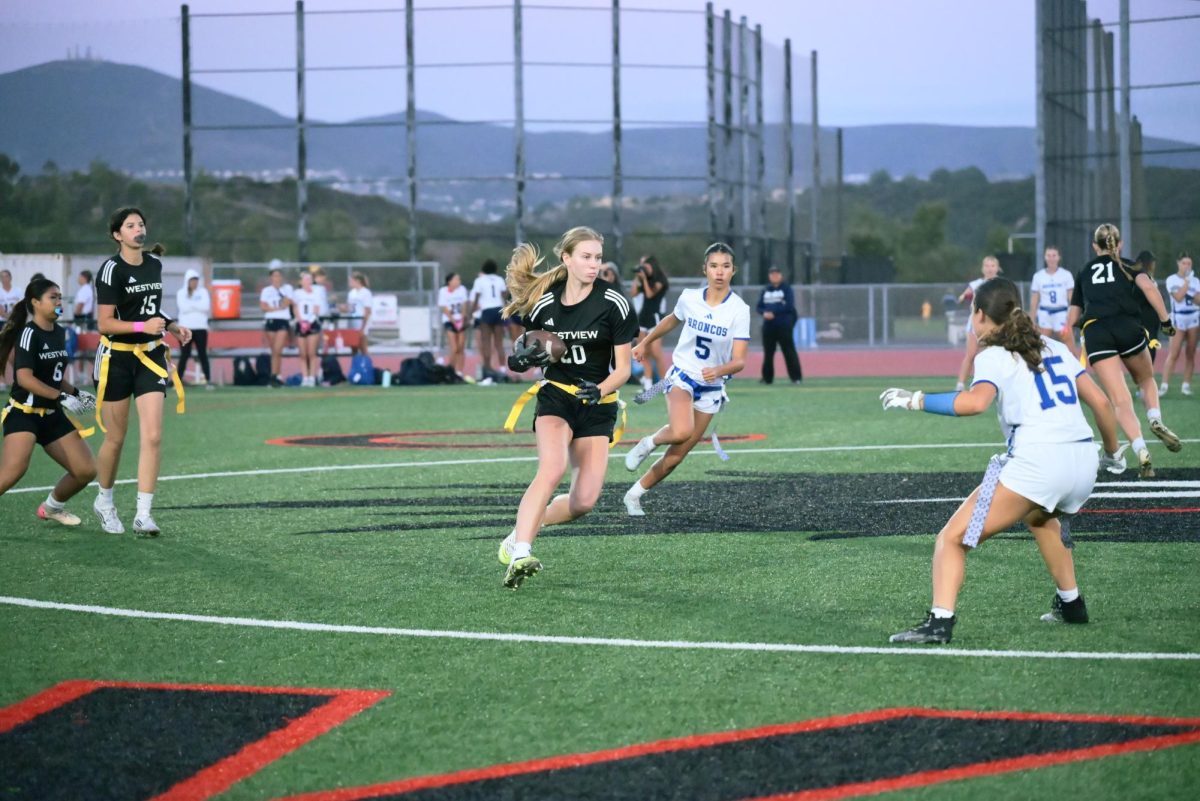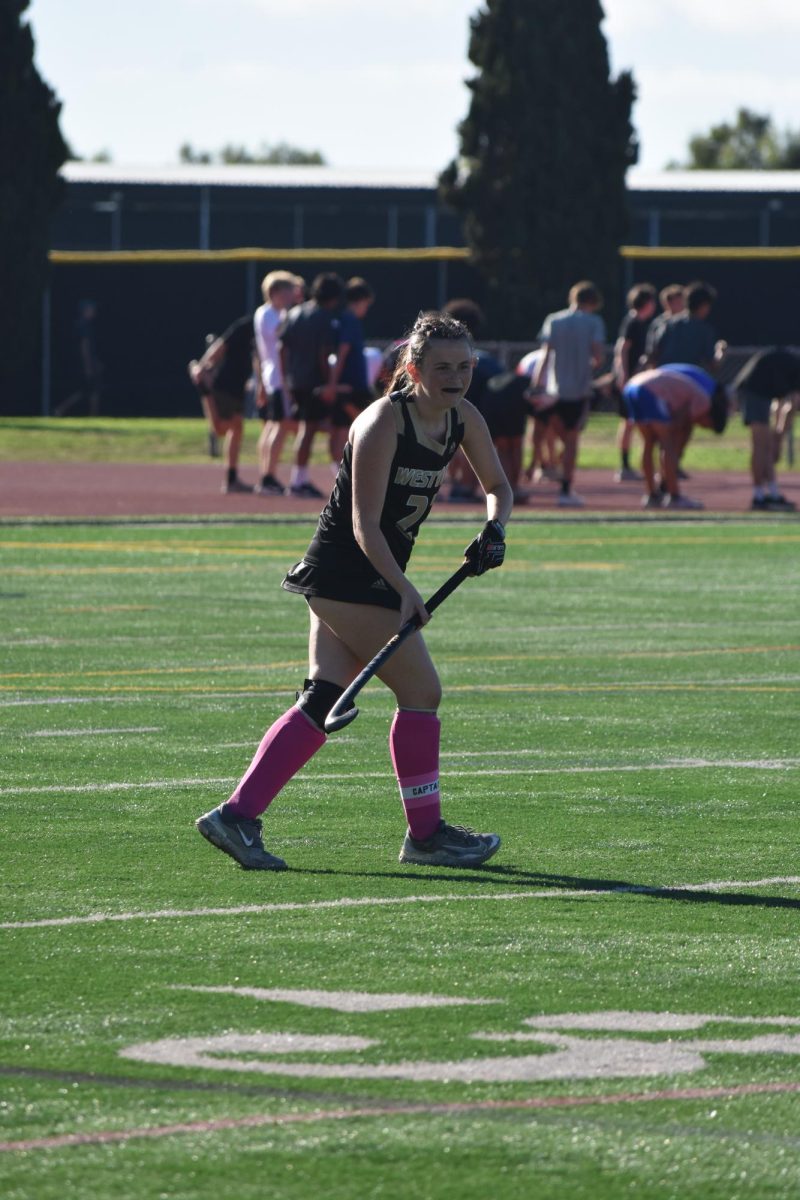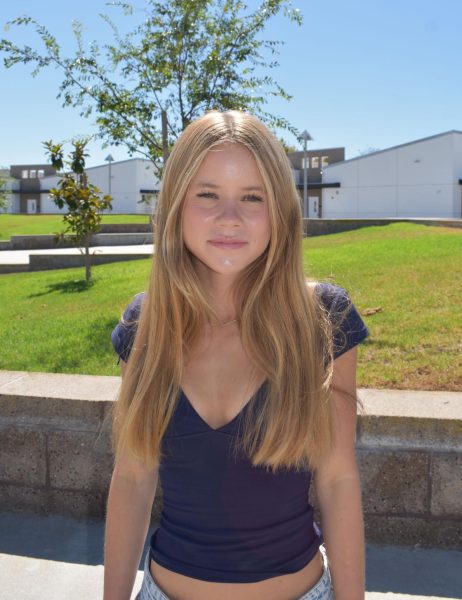Austin Barker (12) sat on the bench watching the varsity soccer team struggle as they fell to Carlsbad 2-1 in the final game of the Francis Parker tournament. He thought that maybe if he was on the field he could have helped his team. Since transferring from Cathedral Catholic without a valid change in residence, however, he was unable to participate in any games for half the season, as he has lived within Westview’s boundaries the entirety of high school.
“My family thought it was the right time [to transfer],” he said. “They wanted me to be with [my sister] and take her to school.
Even though Barker has lived within Westview’s boundaries for the entirety of high school, his move is still classified as a transfer. And without a valid change of residence—such as moving from one school’s boundaries to another—the student will have limited athletic eligibility.
According to athletic director Steve McLaughlin, CIF establishes your home school once you apply in the ninth grade.
“If the student decides that they don’t want to come to Westview, even if they are within the Westview boundaries, they will signify School A [the school they first attend] as their home school for that residence,” McLaughlin said.
Water polo player Cecilia Carlson (10) attended Del Norte as a freshman with her older brother. Before starting, however, Carlson’s family moved closer to Westview, and soon found the commute too long, leading her to transfer to Westview that next summer.
“It would take my parents 40 minutes to drive me to school and then come back, and so them doing that twice a day, every day of the week wasn’t very viable,” Carlson said. “So, it just made more sense [to transfer].”
When Carlson transferred to Westview, she did not move residences, so her home school was determined to be Del Norte. Even if a student moves, athletic eligibility is determined by whether there is evidence of recruiting or influence from those associated with the athletic team a student hopes to play with. Barker had not had any but Carlson had been coached by the Westview’s girls water polo varsity coach, Lauren Boyar, on a club team less than two years ago; she was deemed ineligible for the entire season while Barker was ineligible for half of the season.
“Sometimes we have a lot of head coaches that also coach club sports,” McLaughlin said. “And so, if they coach a club sport, [that’s considered] prior contact with that coach, so sometimes the nature of the bylaw is to prevent club coaches from recruiting athletes to their high school. They’re very strict about that, whether a club coach recruited [a player] or not.”
Seemingly excessive, these rules exist to prevent transfers for a specific sport and coach, and create so-called “super teams” where the average student would be unable to make the team.
As athletic director, McLaughlin files transfer paperwork into the CIF portal. The CIF president or conference commissioner then reviews all transfers and decides whether a student will have immediate eligibility. The athlete and their parents can appeal an unfavorable ruling.
“The appeal goes to the state CIF Commission and at that point, the state CIF sends a notice [saying] there will be a hearing,” McLaughlin said. “They’ll hear from the student-athletes, the parents, and any other additional pieces of evidence to prove that you probably should or shouldn’t [be] eligible. And then that committee will make another ruling. There is a third option: You can choose to go outside of the committee and pursue it legally in the normal court system, if you felt like that was appropriate at that point, though hardly anybody ever does that.”
When Carlson was ruled ineligible because of her prior contact with the varsity coach, she appealed. But after the panel hearing, they were unsuccessful. Carlson said she felt confused and angry, wondering why she couldn’t at least play on the JV team. However, prior contact kept Carlson from being able to participate for the entire season, at any level. On the other hand, the swim and dive team has a different coach, so since Carlson was on the varsity team at Del Norte, she will only have to sit out for half the varsity swim season, unless she opts to play on JV.
“It sucks,” Carlson said. “Especially because I can see when [my teammates] are tired and I know that sometimes just having an extra person there to take some of the load off helps. But [practicing] has definitely made it better. It’s so much fun getting to play with everyone.”









